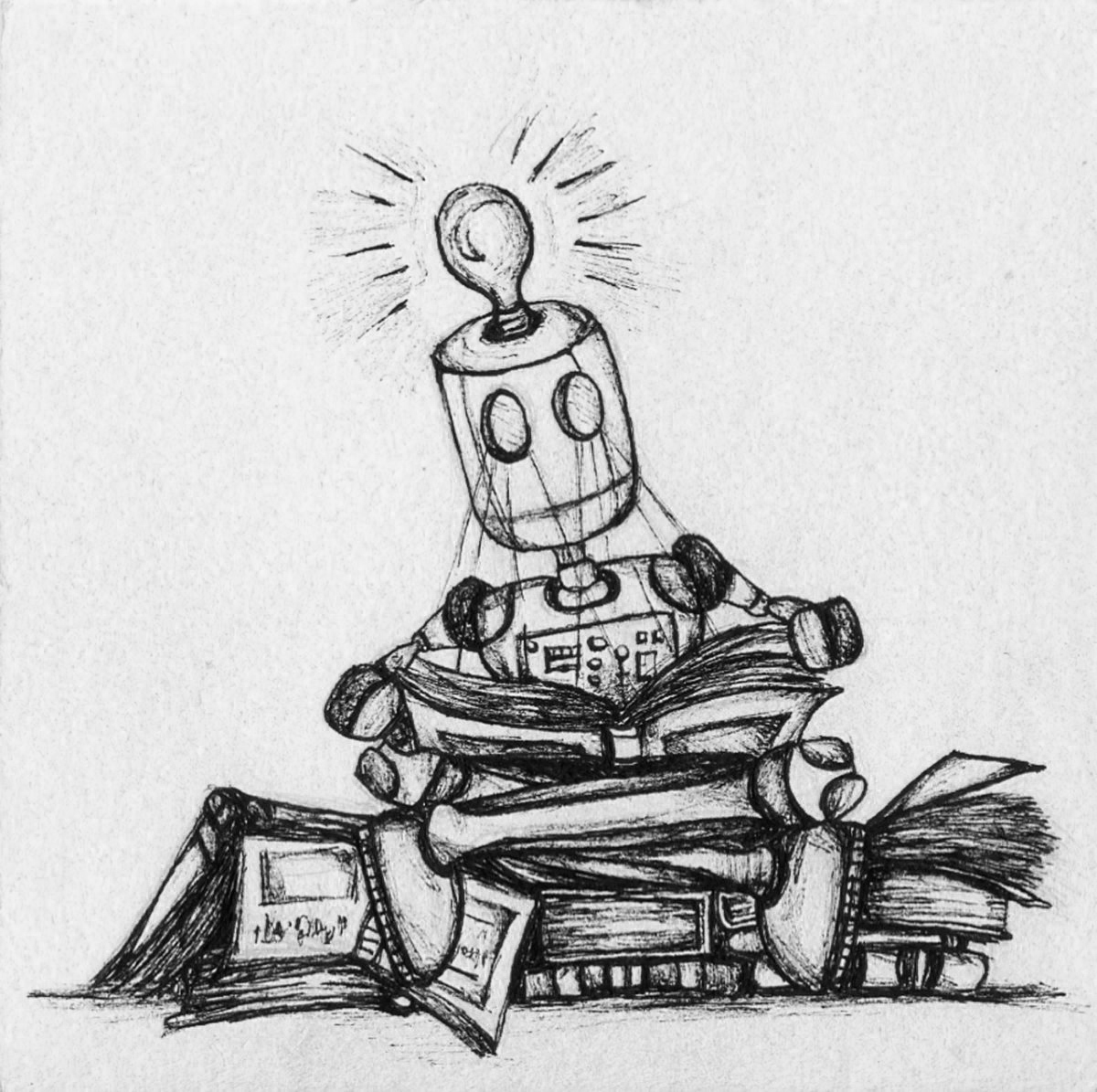Which puzzle gives your brain or your kid’s brain the best workout ?
SUDOKU, a seemingly simple numbers game that hails from Japan,
has become the biggest and most addictive puzzle craze on the internet, newspaper, magazines, classrooms and even the mobile phones.
So how good is Sudoku?
The rules are simple, but the game is far from simplistic. An advanced Sudoku could have you scratching your head all day before finally giving up.
But is it the ultimate mind workout, as many believe – or are there better ways to boost your brainpower?
So what Exactly Is SUDOKU All About ?
Sudoku is a mathematical puzzle in a very basic and elementary sense. A solver repeatedly counts and subtracts (working out what is missing from row, column or box) and calculates.
The assertion that ‘there is no maths involved’ is not only irritating, it is a little ridiculous.
If there is a three there, there can’t be a three there, or there, but there could be one there ” or there. Or it could be a five.
That sentence would have meant nothing a year ago, but since then, to millions of newspaper readers, including those of this one and its Sunday sister, it has become all too familiar. We have become a nation of Sudoku puzzle addicts.
The instructions are deceptively simple. Fill in the nine-column grid so that every row, every column and every 3 x 3 box within it contains the digits 1- 9.
And no, you don’t have to be a mathematician or particularly numerate ” The Independent on Sunday runs one based one letters rather than numbers ” to do it.
You solve the puzzle with reasoning and logic.
Math skills aren’t necessary, although thinking inside the box is.
Sudoku Puzzle develops your child’s reasoning skills and concentration.
Reports :
The UK government-produced Teachers magazine has recommended that Sudoku Puzzles are done in the classroom as brain exercise!
Kids gain huge satisfaction from completing a Sudoku puzzle.
There are benefits in playing Sudoku puzzles for the oldies too as age catching up, the sort of exercise and mental workout which the brain gets from playing logic puzzles can help to stop memory decline, make them smarter and even halt the progress of Alzheimer’s disease .




